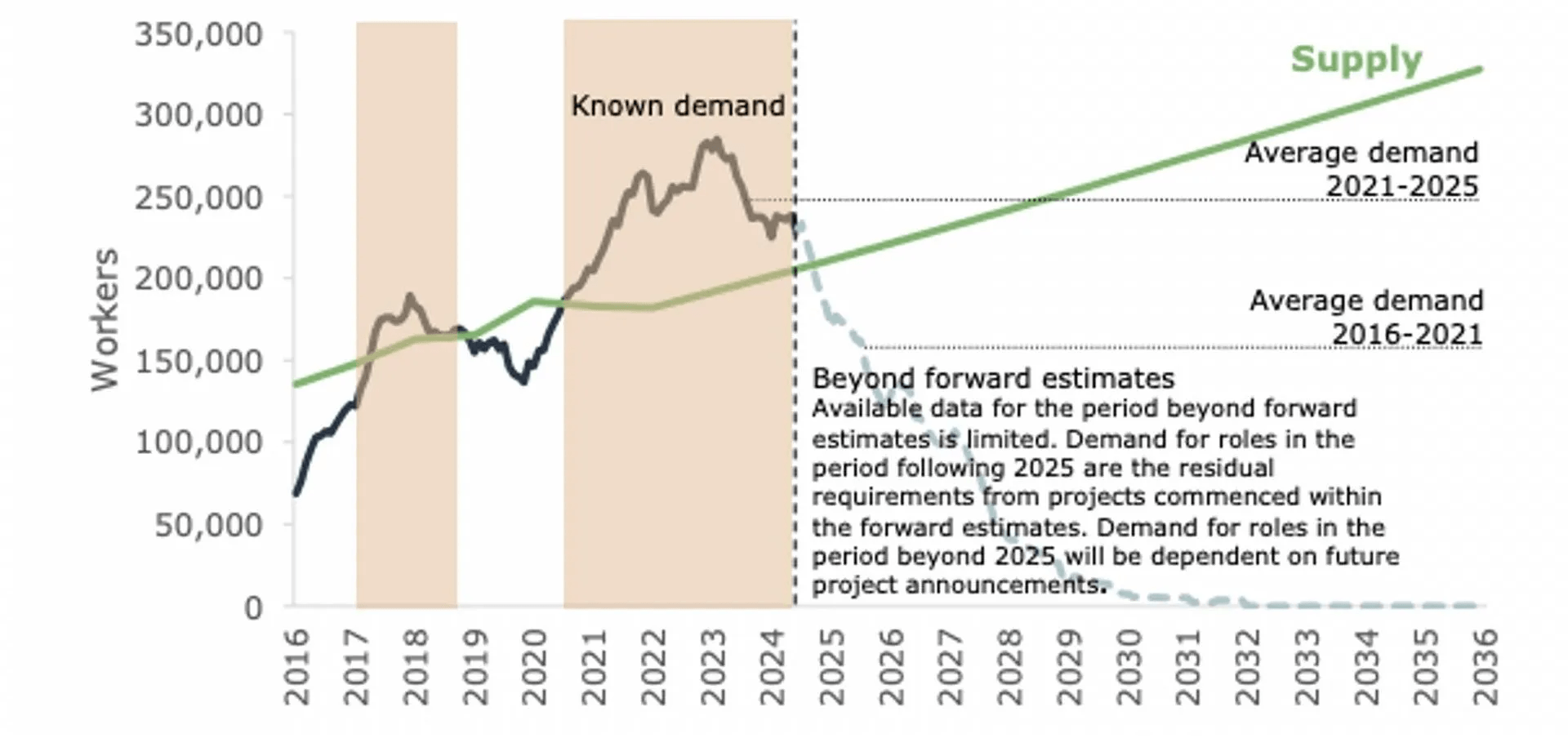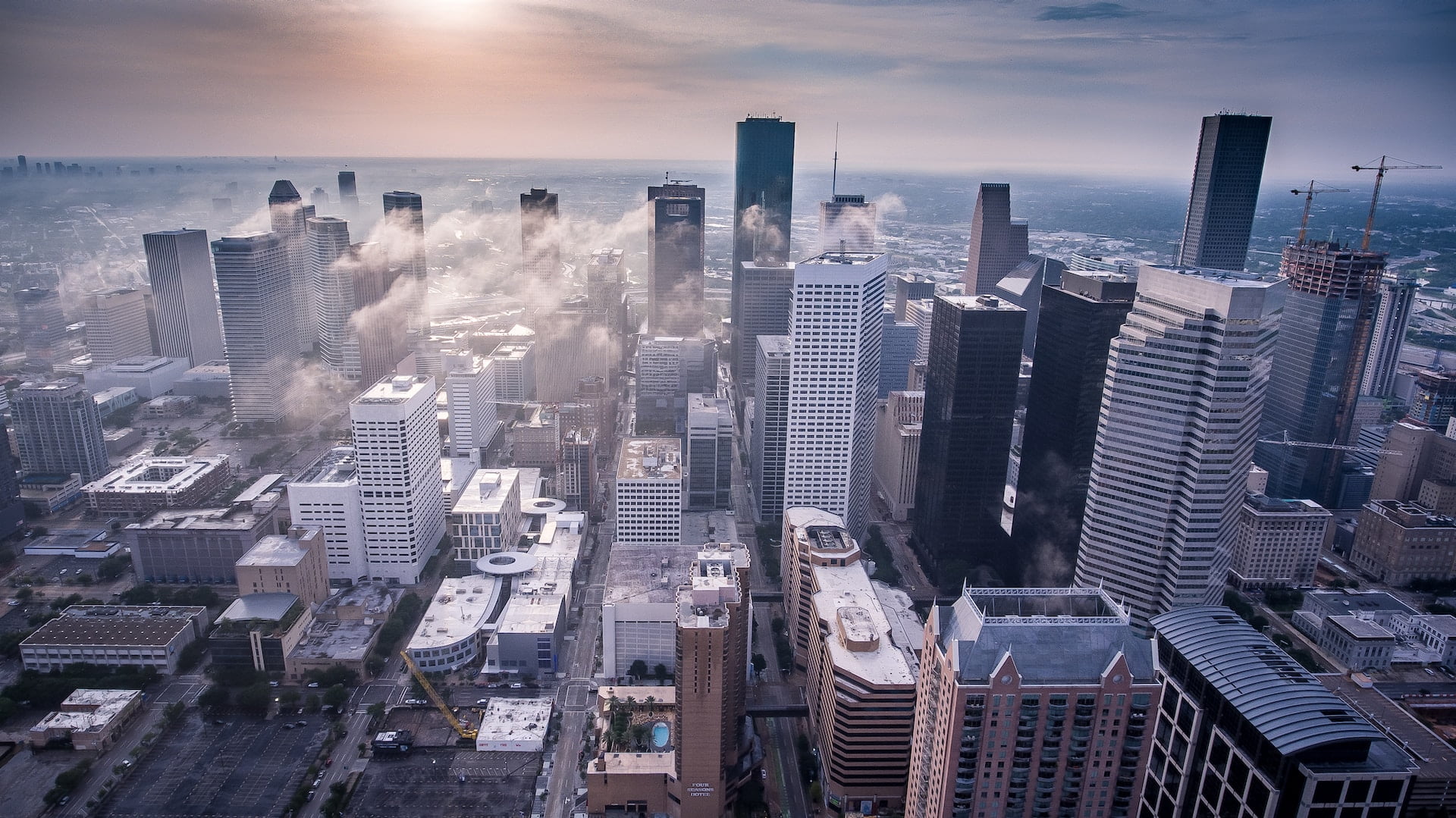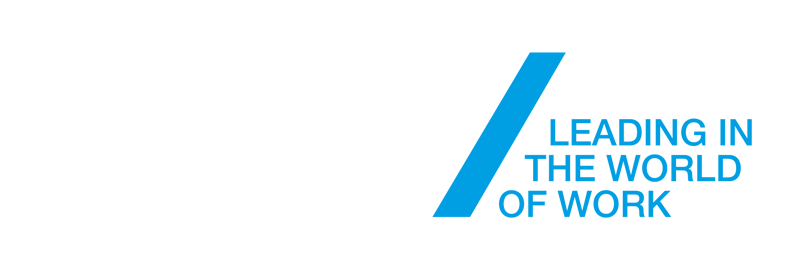Former engineer Louise Millar-Hoffman started a general career consulting business in 2002. In 2015 she set up Eco People At Work to “go niche” in the environmental and sustainability careers market out of her interest in sustainability and because she felt there was a strong appetite among a growing number of people for a green career shift. The drivers, she says, can be personal, but also external, with growing pressures for environmental outcomes in development and also mining.
Fancycrave by Pexels
“There’s a growing group of people who are green at home and in the community but look around and realise they are at work most of the time,” she told The Fifth Estate during a recent interview.
They look around at their work and decide they want to make an impact and have their work make an environmental contribution. One of the first steps for many is to acquire the skills to become a change agent within their own current industry, because they “know that inside out”. Millar-Hoffman says this is particularly true of people working in management roles and procurement, and other roles that touch on waste streams.
Some learn the processes for change and want to stay in their existing company, others decide to move on. She says those working as change agents find it easier when there is a “commitment from the top”. People in government departments can also often achieve good traction where the department has requirements around sustainability.
Some of the big businesses are also getting on board, she says, including major retailers that are looking at their supply chains and waste through a sustainability lens. In the built environment, environmental controls on development proposals are also creating niches. The same is true of mining.
“Sustainability employment generally is a growing field because there are more requirements being put on organisations to look at their practices”, she says.
“More companies are also seeing it as a point of difference, and as something consumers want.”
Millar-Hoffman says sustainability roles and initiatives are about more than just carbon impacts. They also include a necessary focus on impacts on water, land, waste, natural species and biodiversity.
Lucas on Pexels
“We need a big focus on carbon, but it has become a monster that absorbs everyone’s attention.”
To make her own transition to the field Millar-Hoffman built on her background in civil and environmental engineering and went back to university to complete a masters degree in environmental advocacy. In 2015 she undertook research into the sustainability jobs market to bolster insights she gains direct from clients about the types and locations of roles on offer. Her consultancy now works through a web-based platform that means clients can come from anywhere in Australia.
She also works directly with organisations, predominantly in Victoria. A lot of the environmental work in Victoria is the result of government-funded big infrastructure projects because sustainability requirements and future proofing for climate change are embedded in project requirements.
“At their essence they are disturbing environment to get infrastructure in.
“But there are many people happy to do that work and become part of a team to help the project become as sustainable as possible and have as low an impact as possible.”
It is a similar situation with environmental roles in the mining sector, she says.
“A lot of people don’t want to work for mining companies, but a lot say the company is going to exist anyway, so why not get in there and have environmental controls in place.”
The toughest industry areas to get traction, she says, is in fashion industry. The problem is the concept of “fast fashion”, and being a sector where the profit motive being held in high regard.
“In some fashion houses there are 52 seasons in a year and they change the stock every week. One of the trends now is to slash it and put it out to landfill so it can’t go anywhere else,” Millar-Hoffman says.
“That message needs to get out to consumers so there is a backlash.”
Fast food is another difficult sector.
Negative Space on Pexels
She says there are “pockets” of change but overall, it “generates a lot of rubbish”.
“There are people looking at it – but it is highly challenging around the amount of waste they generate.”
Overall, she says, the jobs are everywhere. There is no clear pattern that makes jobs proportionately more numerous in the major cities or in any one state. Instead, the figures closely mirror overall employment patterns, and a significant proportion of roles are located in regional areas. One of the major challenges with getting a pulse on the market is the Australian Bureau of Statistics data does not have an occupational category for sustainability roles. Instead, she says, they are counted within the standard existing 19 occupational classifications.
Millar-Hoffman says that for those looking to find a new sustainability role, it can be a challenge working out which organisations are just “greenwashing” about their commitment.
“For young people it can be frustrating.”
If an organisation is saying it is committed to environmental values, and is located in an exemplar green building, even the genuinely green ones will still be having an impact on the environment, she says.
“We need shifts in thinking around what is worth investing in, and to be seeing where our future lies,” Millar-Hoffman says.
“We need to get organisations walking the talk.”
Source: The Fifth Estate
The post Green Jobs Are Widespread and Growing appeared first on Talent Nation.








